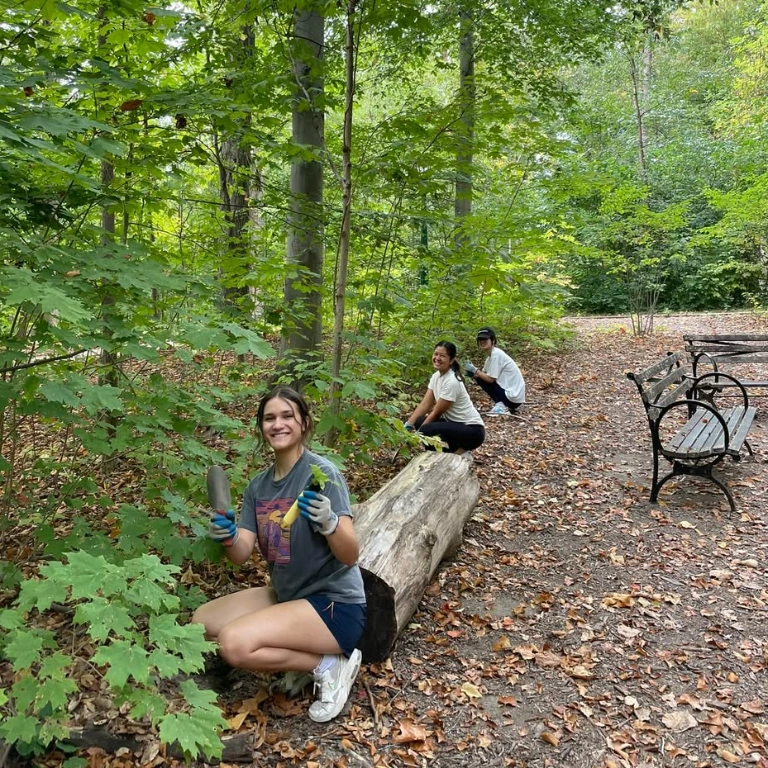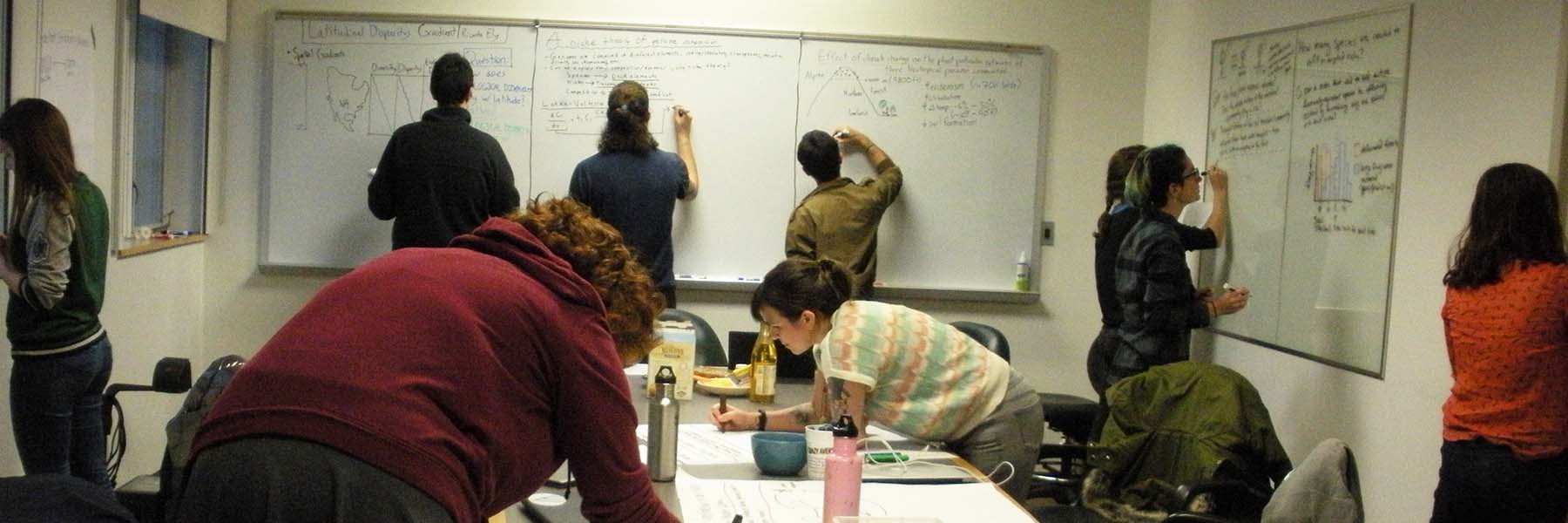
Pedagogical Practices
My teaching philosophy embraces the Emerson quote, “I know only so much as I have lived.” A consistent teaching practice in my courses is service learning, a form of experiential learning that engages students in meeting community partner needs. Service learning experiences act as an alternative course text, and students enjoy and learn from opportunities to apply course content to benefit their local communities. I assist students in ‘reading’ the service-learning text through thoughtfully staged assignments and dedicated in-class time for creative work, feedback, sharing, and reflection. My courses also emphasize student-led discussions and short in-class activities that allow students to practice with course content.


